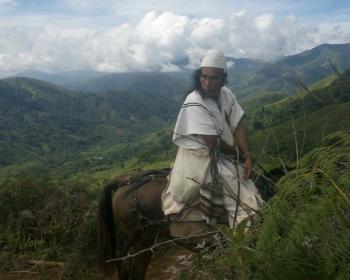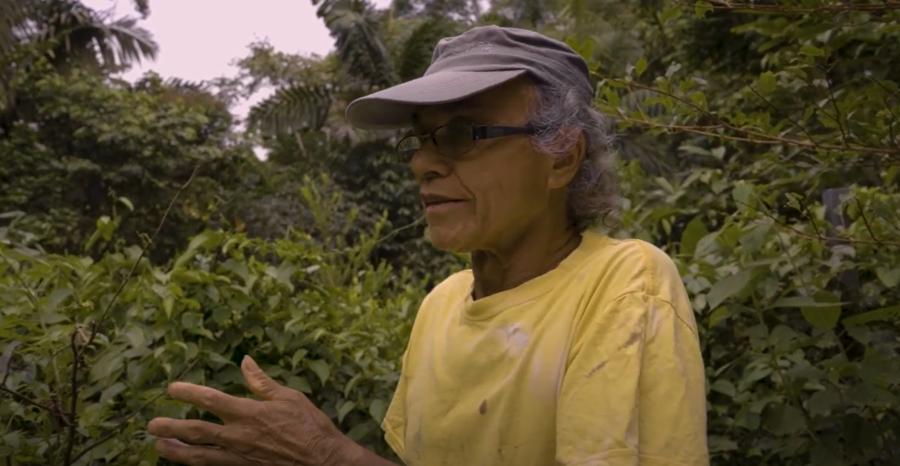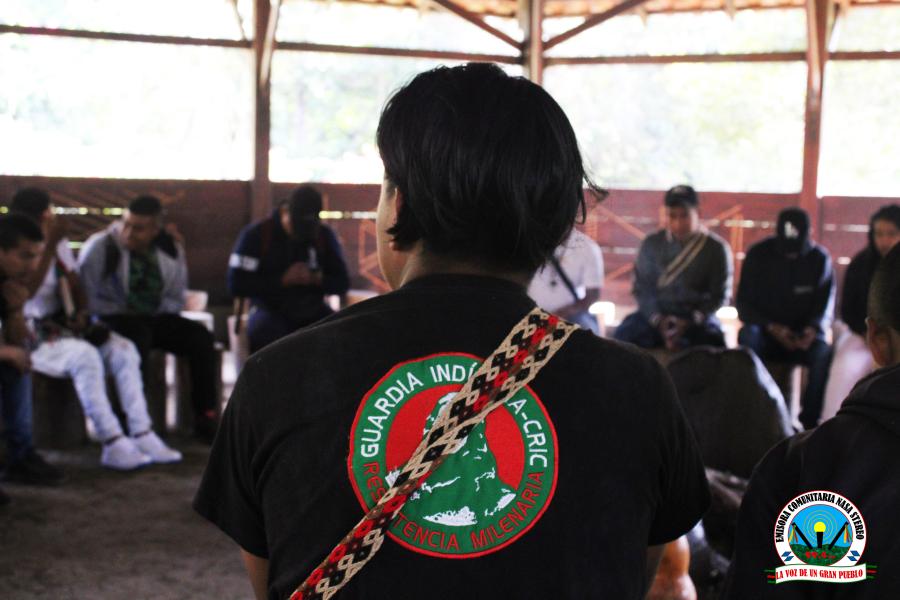Ellen Lutz interviewed Leonor Zalabata of the Human Rights Commission of the Arhuacos people of the Sierra Santa Marta, Colombia, during July’s session of the U.N. Working Group on Indigenous Populations.
What is your view of the International Decade of the World’s Indigenous People?
The International Decade was an important vindication for Indigenous Peoples (IPs). For the first time their voices were heard, particularly at the United Nations.
Can you elaborate?
Indigenous peoples called for the creation of the Permanent Forum on Indigenous Issues, and it was created. Now they have a space for putting forward their proposals. This is an important step on a long path. If we take advantage of this opening in the right way, it can be an important means to bringing about the end of our subjectivity. Now we are no longer dependent on others to speak for us; we can speak for ourselves. Moreover, we are unified around what we call the Proyecto de Declaration—the project to achieve the passage of the Draft Declaration on Indigenous Peoples.
In Colombia you were actually ahead of international efforts in achieving the purposes of the Proyecto de Declaration. Can you tell us more about that?
In Colombia we anticipated the language of the Draft Declaration and were successful in getting most of it incorporated into our 1991 Constitution. Unfortunately, there has been no application of the relevant constitutional provisions. In Colombia, indigenous peoples bear the brunt of the suffering as a result of the armed conflict in our country, but no one in the government pays attention to or protects our rights. In other words, there is an enormous distance between the constitutional proclamation of our humn rights and their realization.
Do you think Colombia is typical of other states?
I do. The Decade has not really been relevant to states, which is where the greatest needs lie. Repression of indigenous peoples has actually increased around the globe during the Decade on account of globalization.
So the positive developments internationally have not trickled down to the states.
No, and while there is more awareness at the international level, that is not true across the board. For example, the international community’s financial institutions are still uninterested in the needs and interests of indigenous peoples.
What would you like to see happen over the next 10 years?
Indigenous peoples need to continue what they have accomplished to date, and to consolidate their results. We need to continue to raise our concerns and proposals to international institutions, starting with the Permanent Forum on Indigenous Issues. We need to find other ways, as well, to contribute to the worldwide movement toward inclusive democracy. Doing so won’t just benefit indigenous peoples, it will benefit all of humanity. When the rest of humanity realizes that it shares the planet with indigenous peoples, it might also be more willing to learn new ways of understanding how to live on and protect our earth. Genuine diversity would benefit us all.



